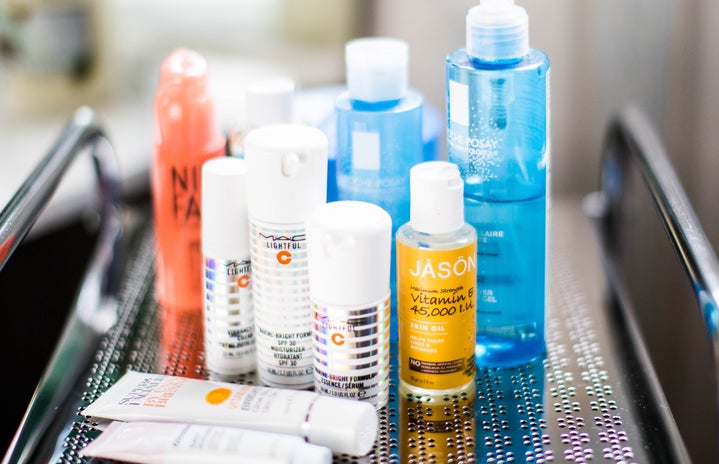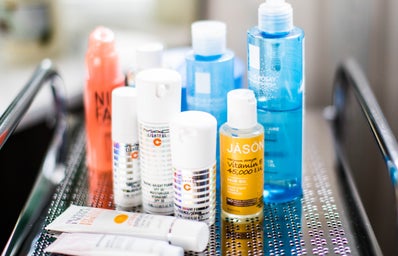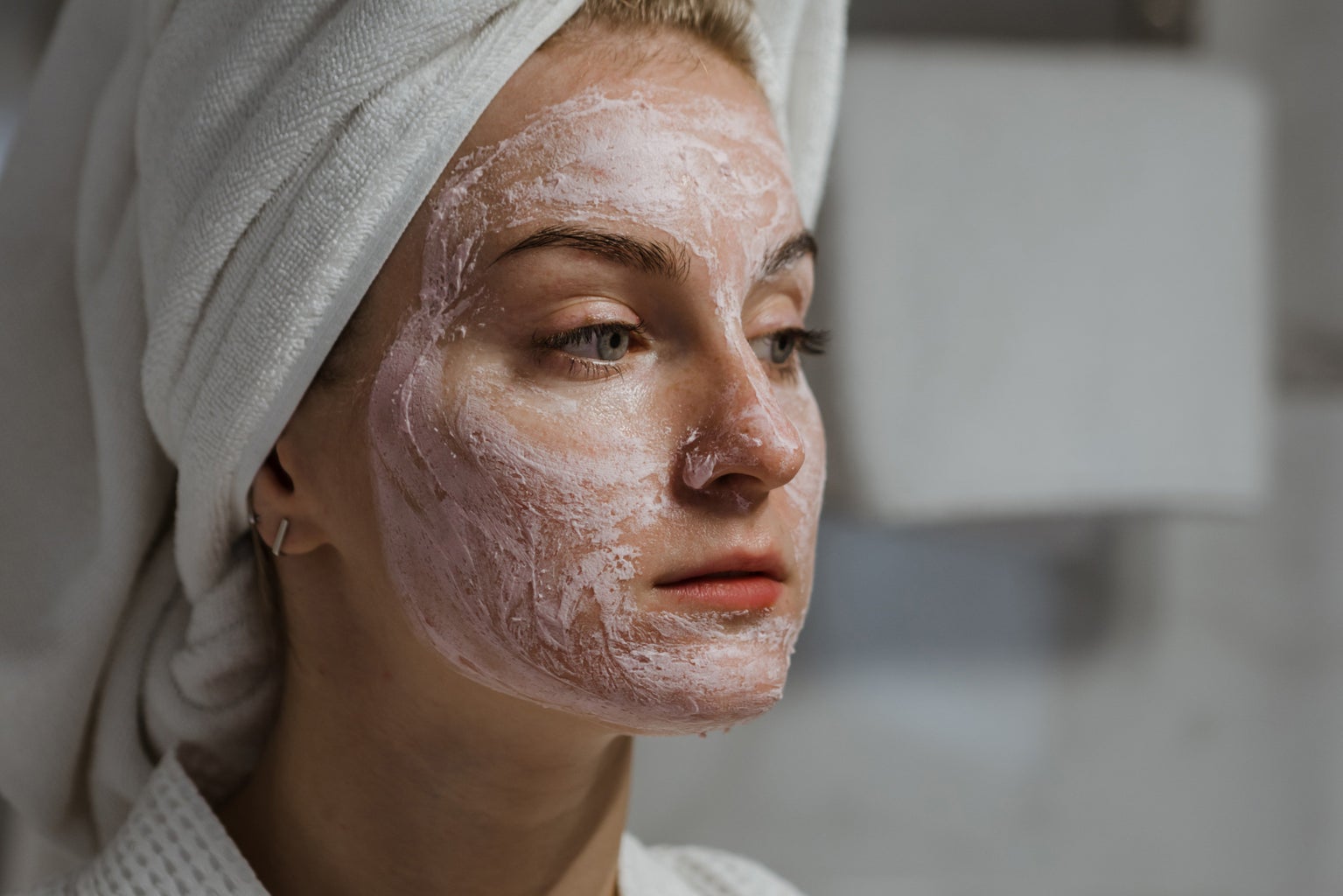The idea that beauty is fleeting is woven into social and print media, television, radio, and film. It is an idea that has been ingrained in society for centuries, devaluing women who reach an age that is no longer ‘appealing’. There exists an unspoken but well-known assumption, perpetuated by popular culture, that women undergo a decline as they age. Feminist activist Simone de Beauvoir brought to light the perceptions of ageing in her book Old Age (1977), highlighting that when “old people show the same desires, the same feelings and same requirements as the young, the world looks upon them with disgust.” So, why would women accept or welcome ageing? In a society that promotes the prevention, treatment, and reversal of ageing, tackling ageing anxiety is a problem almost all women face. Women tend to struggle with ageing anxiety more than men, given that the ageing of both genders is depicted in strikingly different ways.
There is a clear double standard between men and women when it comes to ageing. Men, on the one hand, are applauded for ageing, the show of grey hair often branding them a ‘silver fox’. Women, however, lose what it means to be deemed ‘attractive’ in society; no longer young and slim, they are pushed to the side and disregarded. The sexist ideals in society thus become apparent, as a woman’s ‘value’ is lost with age. Men might be seen as older and ‘wiser’, but women are not afforded this privilege. The beauty industry does not target men, and this is because men are not defined by their looks to the extent that women are in our patriarchal society. This injustice elevates the beauty industry whilst women increasingly struggle with ageing anxiety.
The beauty industry fuels ageing anxiety through its portrayal of ageing as something women should fear. Adverts, magazines, and the internet are inescapable, and most women are exposed to these forms of media from a very young age and throughout the rest of their lives. Images of older women plastered beside those from their youth in magazines, pitying the woman for her show of age, are easily accessible and quite frankly bizarre. If ageing is something natural and out of our control which we will all experience, why is it shunned? Ageing looms over women, teasing them with their supposed demise. Preparation therefore – with anti-ageing creams or even surgical procedures like botox – is expected, and praised.
With the modern world’s continually advancing technology, there are now more ways than ever to avoid ageing. Investing in beauty products, anti-ageing creams, and colouring grey roots are practices that have been around for a long time. But more drastic measures are now also taken to fight ageing. Cosmetic treatments, like botox and fillers, are becoming increasingly popular, perpetuated by their positive portrayal on social media. The skin-tightening, youthful façade that they provide is appealing to many women who do not welcome ageing thanks to the media’s depiction of this process as a woman’s downfall.
The capitalist beauty industry is driven by sales, so it is no shock that they have created and sustained the impression that ageing should be avoided at all costs – literally. If women saw the beauty in ageing, there would be no desire for them to pursue anti-ageing products to fight against what is natural. Instead, the beauty industry hammers in the misconception that ageing is miserable, unappealing, and frightful. To perpetuate these impressions, models and influencers are plastered on the front pages of magazines, or on your Instagram timeline, with flawless skin and no wrinkles! Influencers are paid to promote anti-ageing products that they have probably never used, with little transparency on this. The face-tuned images of women who have been using anti-ageing products are unrealistic, but leave their audience feeling excited and hopeful to test a new product. At the worst of social media’s contribution to unrealistic expectations, ageing women are branded with headlines that they have ‘Aged Terribly’ or ‘Lost It’. The effect of this brainwashing is that both ageing anxiety and beauty sales rise, disappointingly suggesting that capitalism and feminism cannot coexist.
Women should instead be celebrated regardless of their age, without feeling pushed out of society and unrepresented in the media because their appearance is no longer ‘valuable’.


